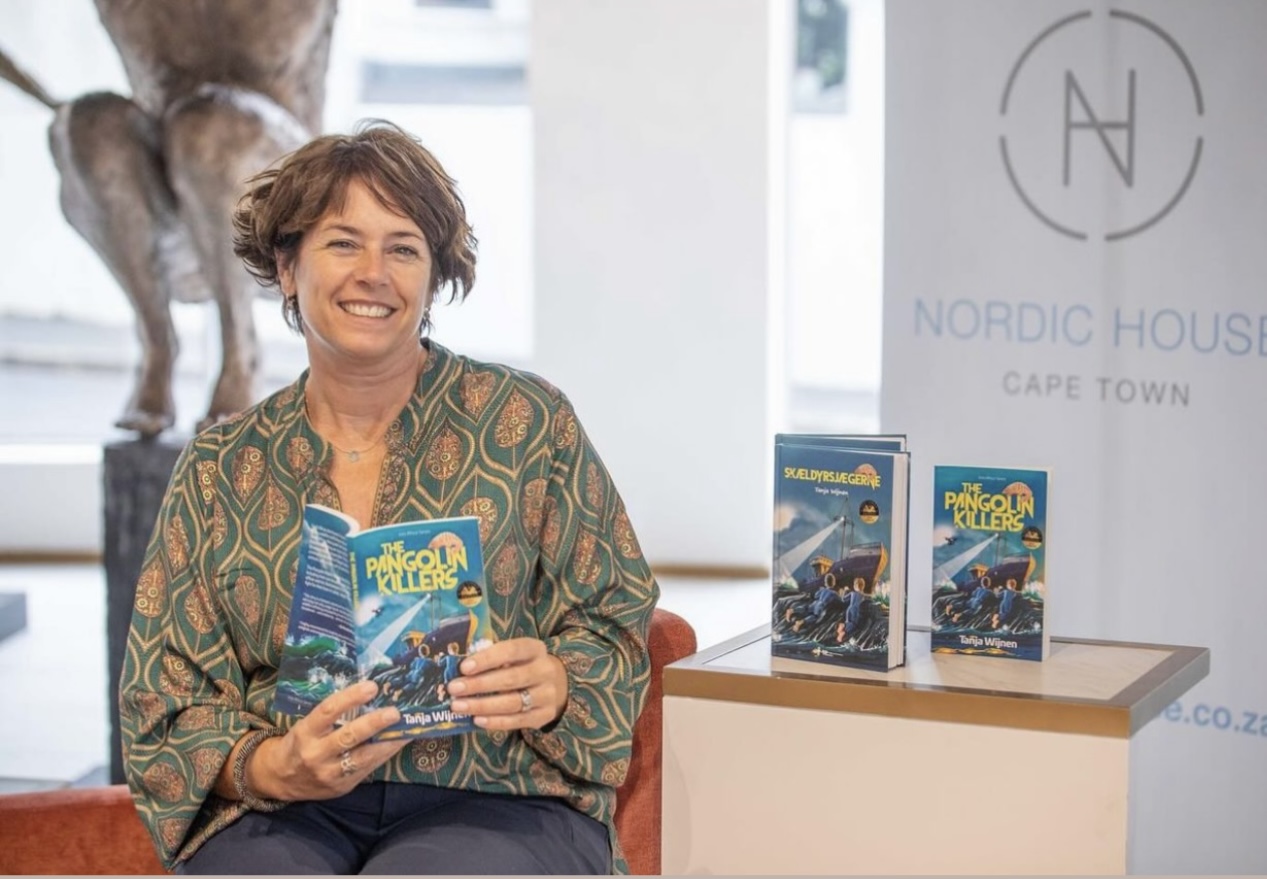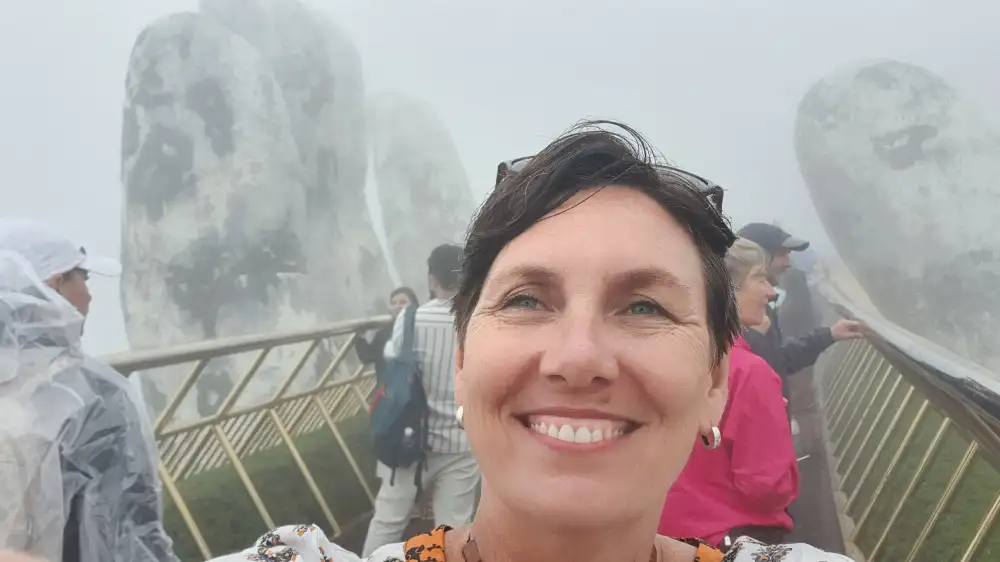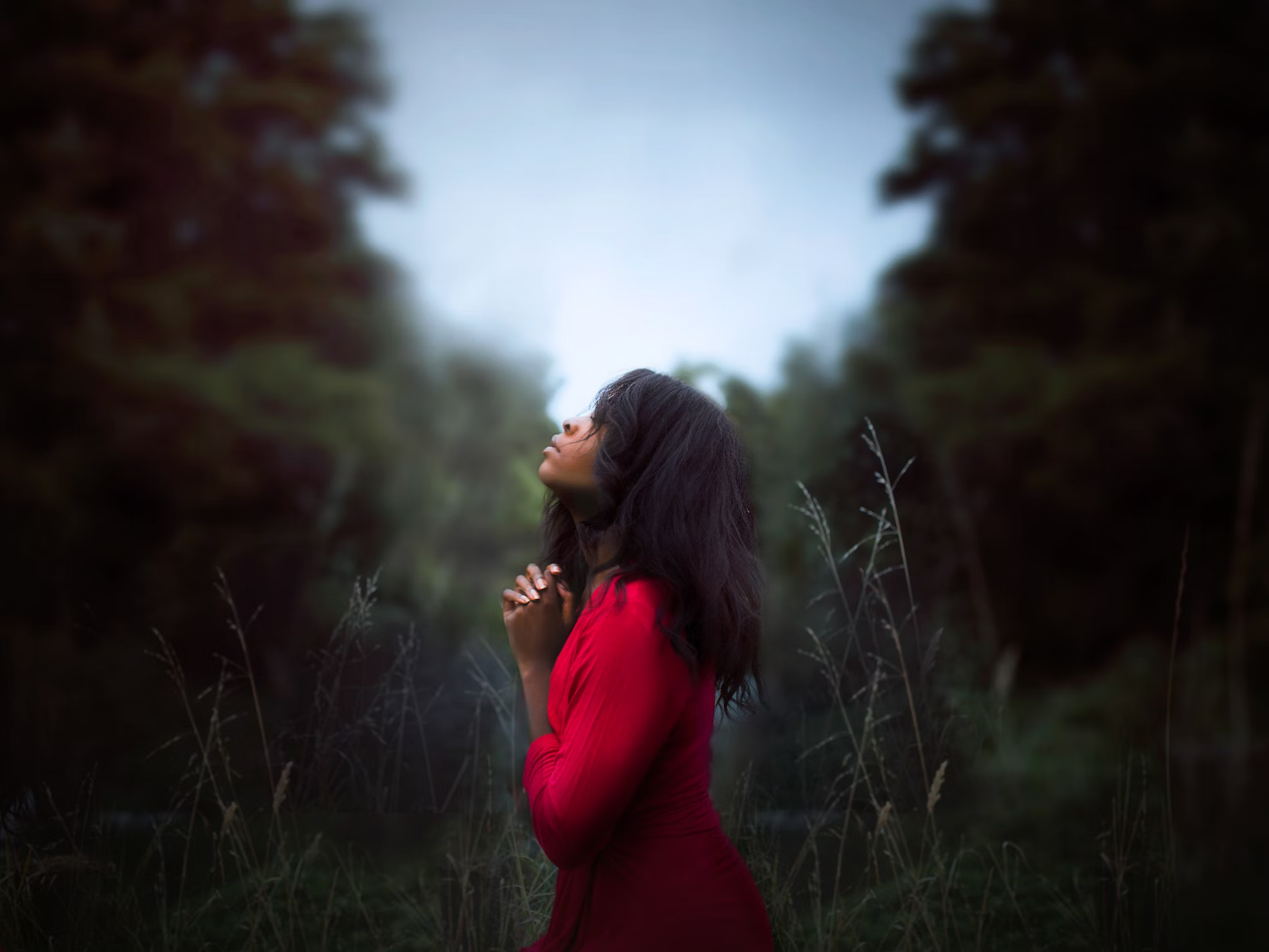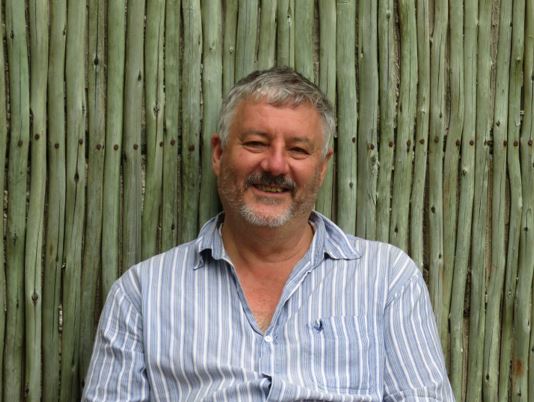South Africa is a country rich in culture, diversity and talent. It’s the perfect landscape for writing of all kinds. From freelance writing and journalism to memoirs, novels, screenplays and poetry, the possibilities are endless.
But how much money can a writer make in South Africa? Here are some of the available avenues and potential earnings.
1. Traditional publishing
Traditional publishing is the route that most writers aspire to. It involves submitting a manuscript to a publishing house for consideration. If the manuscript is accepted, the publishing house will take care of the editing, design, marketing and distribution of the book. The writer receives a royalty on each book sold.
In South Africa, the average royalty rate is between 7.5% and 10% of the recommended retail price. If the recommended retail price of a book is R200, the author can expect to receive between R15 and R20 per book sold.
2. Self-publishing
Self-publishing is becoming increasingly popular, and it’s easy to see why. It allows writers to take control of the publishing process, from editing to distribution. Self-publishing can be done through print-on-demand services or e-book platforms such as Amazon’s Kindle Direct Publishing (KDP) and Smashwords.
The amount of money a writer can make from self-publishing depends on various factors, such as the book’s price, the marketing strategy and the number of sales. The beauty of self-publishing is that the royalties are much higher than in traditional publishing. For example, Amazon’s KDP offers royalties of up to 70% on e-books, and up to 60% on print books.
3. Freelance writing
Freelance writing is a great option for writers who want to make money while pursuing their passion. Freelancers write articles, blog posts or other content for clients on a project basis. Freelance writers can work for magazines, websites or businesses.
Potential earnings vary depending on the client, the type of content and the writer’s experience. On average, freelancers can earn between R1 and R3 per word.
4. Journalism
Journalism involves writing news articles, feature stories and opinion pieces for newspapers, magazines and online publications. Journalists can also work as correspondents for international publications.
The amount of money earned depends on the publication, the journalist’s experience and the frequency of their work. On average, journalists can earn between R15,000 and R25,000 per month.
Examples of successful writers in South Africa
There are many successful writers in South Africa who have made a living from writing. Here are some examples:
1. Deon Meyer
Deon Meyer is a crime writer who has published over 20 novels. His books have been translated into 27 languages and have sold millions of copies worldwide. Meyer is one of the highest-paid writers in South Africa, with a net worth of many millions.
2. Lauren Beukes
Lauren Beukes is a writer of novels, screenplays and comics. She has won numerous awards for her work, including the Arthur C. Clarke Award for her novel Zoo City. Beukes is also a successful screenwriter, having worked on the TV series The Shining Girls and Pax Africa.
3. Zakes Mda
There are many examples of novelists who have found success in South Africa, but one who stands out is Zakes Mda. He is a prolific writer who has written over 20 publications, including novels, plays and memoirs. Mda’s novels, such as Ways of Dying, The Heart of Redness and The Madonna of Excelsior, have garnered critical acclaim and won numerous awards. His writing has been translated into 21 languages, and he has received recognition both locally and internationally.
4. Antjie Krog
Poetry may not be the most lucrative writing profession, but there are still poets who have made it big in South Africa. One such poet is Antjie Krog. Krog has written several collections of poetry, including Lady Anne: A Chronicle in Verse and Body Bereft. She has also written non-fiction books, like Country of My Skull, which documents South Africa’s Truth and Reconciliation Commission. Krog has won numerous awards, for example, the Herzog prize twice and the Alan Paton Award.
5. Lebo Mashile
Another poet who has found success in South Africa is Lebo Mashile. Mashile is a spoken word artist, actress and poet. She has released several albums of her spoken word performances, and she has published a collection of poetry called In a Ribbon of Rhythm. She has won several awards, including the NOMA Award for publishing in Africa.
Non-fiction writers
Non-fiction writing can be lucrative in South Africa, especially if you write about popular topics. One such writer is Pieter-Dirk Uys. Uys is a satirist, actor and writer. He has written several books, including Elections and Erections: A Memoir of Fear and Fun, and has performed his one-man shows around the world. Uys has won several awards, like the Order of Ikhamanga in Silver, which is awarded for excellence in the arts.
Another non-fiction writer, and journalist, who is a big success is Jonny Steinberg. He has written several books, including The Number, which explores South Africa’s prison system. Steinberg has won several awards, like the Sunday Times Alan Paton Award and the Recht Malan Prize for Non-fiction.
These are just a few examples of well-known South African writers who have proven that writing can be a viable career option. And there are many different avenues South African writers can pursue to fulfil the dream living by their craft.













